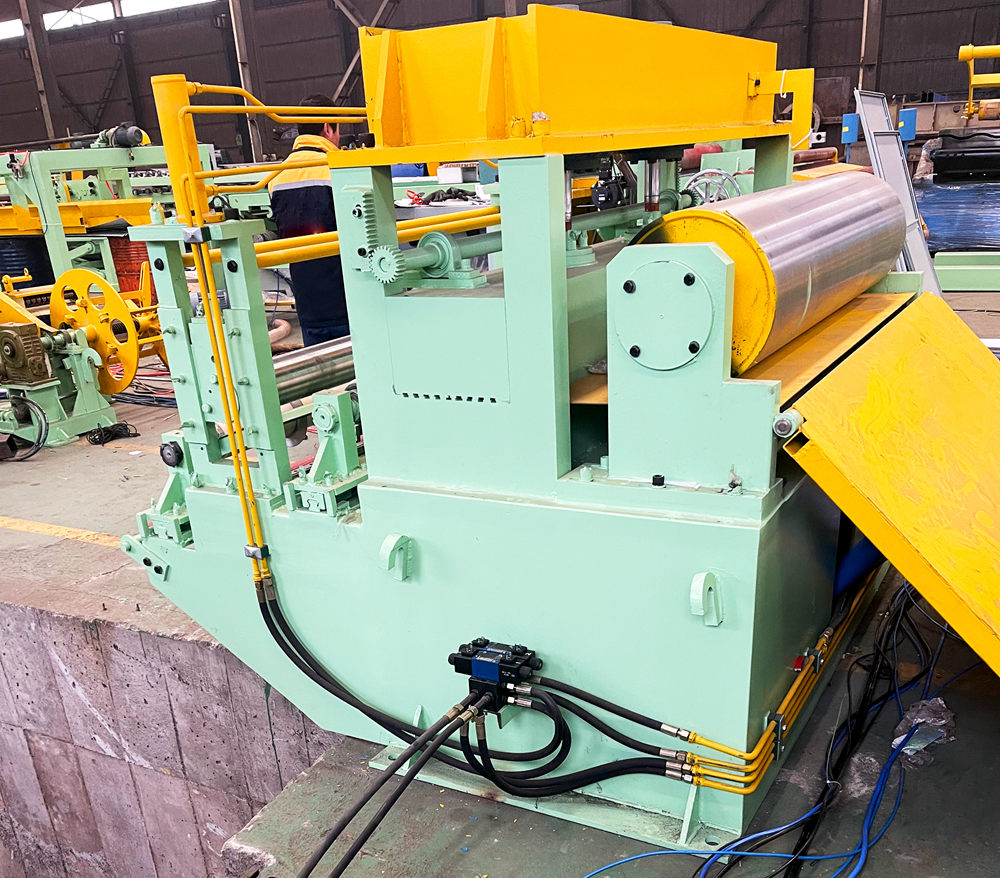
Understanding the ERW Tube Mill A Vital Component in Modern Manufacturing
The Electric Resistance Welding (ERW) tube mill is a critical asset in the manufacturing industry, particularly in the production of high-quality steel tubes and pipes. This process leverages advanced welding technologies to form a variety of products used across various sectors, including construction, automotive, and energy. In this article, we will explore the workings, advantages, and applications of ERW tube mills.
What is an ERW Tube Mill?
An ERW tube mill is a sophisticated machine designed to manufacture steel tubes through a process called electric resistance welding. In this method, flat steel strips are fed into the mill, where they are first shaped into a circular form. This is achieved through a series of rollers that progressively bend the strip until it meets at the edges.
Once the edges align, the real magic happens electrodes pass through the joining seam, delivering an electric current. This current generates heat due to resistance, melting the material at the seam and allowing the edges to fuse together. The resultant tube is then subjected to various processes such as sizing and cutting to meet specific length requirements.
Advantages of ERW Tubes
ERW tubes offer several advantages that make them a popular choice among manufacturers and consumers alike
1. Cost-Effectiveness The ERW process is highly efficient, meaning that it often results in lower production costs compared to other methods of tube manufacturing.

2. Consistency and Quality Because the welding is automated and the processes are tightly controlled, ERW tubes exhibit high levels of uniformity and quality. This consistency makes them suitable for various applications where reliability is critical.
3. Versatility ERW tube mills can produce a range of tube sizes and wall thicknesses, allowing manufacturers to cater to diverse market demands. Whether it's small diameter tubes for plumbing applications or large structural tubes for construction, ERW technology can accommodate a variety of specifications.
4. Environmental Efficiency Modern ERW tube mills are designed with environmental considerations in mind. They generate less waste and utilize resources more efficiently than traditional manufacturing methods.
Applications of ERW Tubes
The applications of ERW tubes are expansive, reflecting their integral role in multiple industries. In the construction sector, ERW tubes are utilized for buildings, infrastructure, and scaffolding, providing structural support and durability. In the automotive industry, they are used in components like chassis and exhaust systems, offering strength with reduced weight.
The energy sector also benefits from ERW tubes, particularly in oil and gas pipelines where robustness and reliability are essential. Moreover, ERW tubes find applications in household items, furniture, and appliances, highlighting their versatility.
Conclusion
As industries continue to evolve, the significance of the ERW tube mill in manufacturing cannot be overstated. Its ability to produce high-quality, cost-effective tubes with minimal environmental impact positions it as a cornerstone of modern manufacturing processes. Whether in construction, automotive, or energy applications, ERW tubes are indispensable, providing durability and reliability in a vast array of products. As technology advances and demands for efficient manufacturing grow, the role of ERW tube mills is set to expand, ensuring that they remain at the forefront of the industrial landscape for years to come.